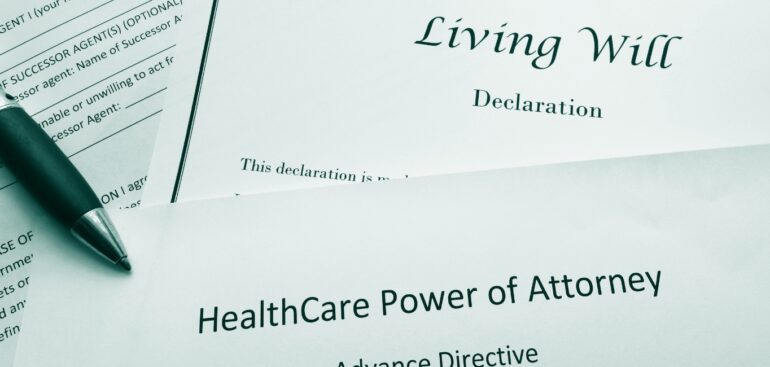An executor is an individual appointed by the deceased in their will or by the Master of the High Court to administer their estate after they pass away. Executors play a crucial role in ensuring that the deceased’s wishes are carried out and that the estate is settled efficiently and in accordance with the law.
By understanding the responsibilities and duties associated with executorship, individuals can approach this role with confidence, knowing that they are fulfilling their obligations to the deceased and their beneficiaries.
The role of an executor
Gathering assets
One of the primary responsibilities of an executor is to identify and gather all assets belonging to the deceased estate. This may include bank accounts, investments, real estate, vehicles, personal belongings, and any other property owned by the deceased.
Paying debts and expenses
Executors are tasked with settling any outstanding debts and expenses owed by the deceased estate. This can include funeral costs, outstanding bills, taxes, and other liabilities.
Managing the estate
Executors are responsible for managing the deceased estate during the administration process. This may involve maintaining property, handling investments, and taking care of any ongoing financial matters until the estate is fully administered.
Distributing assets
Once all debts and expenses have been settled, the executor is responsible for distributing the remaining assets to the beneficiaries as outlined in the deceased’s will or, if there is no will, according to the laws of intestate succession.
Legal responsibilities and duties of an executor
Acting in good faith
Executors are legally obligated to act in the best interests of the deceased estate and its beneficiaries. This includes acting honestly, diligently, and without any conflicts of interest.
Following the will
If the deceased left a valid will, the executor must follow its instructions to the best of their ability. This may involve interpreting the terms of the will, carrying out specific bequests, and ensuring that assets are distributed according to the deceased’s wishes.
Complying with the law
Executors must comply with all relevant laws and regulations governing the administration of estates. This includes obtaining the necessary legal documents, filing tax returns, and adhering to deadlines set by the Master of the High Court.
Keeping accurate records
Executors are required to keep detailed records of all transactions and communications related to the administration of the estate. This includes documenting asset valuations, expenses paid, and any correspondence with beneficiaries or creditors.
Accounting to beneficiaries
Executors have a duty to provide regular updates and accountings to the beneficiaries of the estate, keeping them informed of the progress of the administration process and any significant developments.
How we can help you
Contact us if you have been appointed as the executor of someone’s estate and need help.
We can assist you throughout the process and will ensure all assets are distributed in accordance with the law and the wishes of the deceased.




